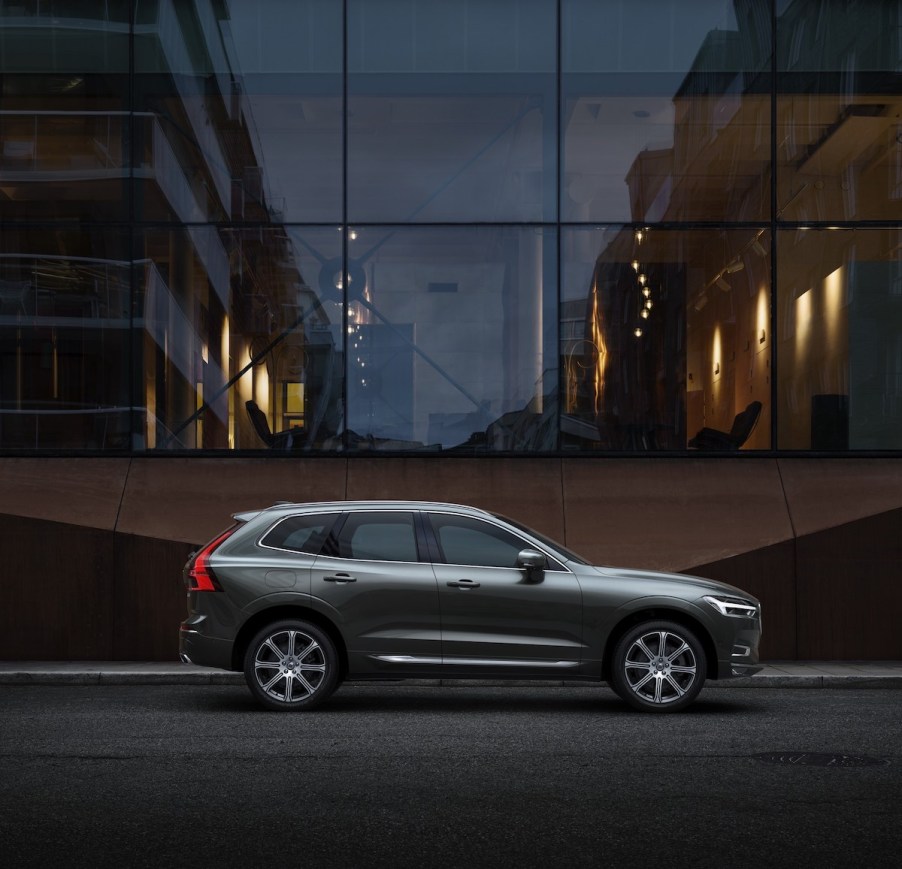
Avoid Sharing Photos on Instagram of this Car Brand
Swedish automaker Volvo resumed production earlier this year following a short hiatus to navigate the coronavirus pandemic. Volvo addressed safety concerns across its facilities, partnered with healthcare organizations to provide life-saving personal protective equipment (PPE), and got to work on ways to boost sales from the lull the pandemic closure caused.
Marketing is vital for the success of any commercial business. Does that mean companies can use any publicly shared images of their products without permission? Volvo’s going to court to find out.
Schroeder and Sumida vs Volvo
In April 2019, according to PetaPixel, automotive photographer Jack Schroeder and model Britni Sumida teamed up for a photo shoot that featured the Volvo S60 Sedan. Once the resulting images posted on Instagram, Volvo’s account on the social media platform reached out on several occasions requesting permission to use them without compensation.
Schroeder refused the offer from Volvo and countered with his request. He inquired to see if they might be interested in licensing his images for use. He received no response.
In November 2019, Schroeder saw his photos on both Volvo’s Instagram and Pinterest accounts. Two of the images were allegedly posted on Behance, Adobe’s creative works platform, and pulled from there.
While Schroeder is understandably upset with the infringement, the issue potentially puts Sumida in violation of an active modeling contract binding her to another automaker.
The duo tried unsuccessfully to take the case up with Volvo themselves. When those attempts failed, they filed a lawsuit against the car company.
A direct license?
Volvo took a pretty aggressive stance in response earlier this month, filing a motion to get the suit thrown out.
While Instagram has denied such issues in the past, Volvo claims that the platform provides a sublicense to re-share any photographs set to “public.” The automaker says that since Schroeder’s account is set to public, he granted Volvo a direct license to share his Instagram images. The motion cites Instagram’s terms of service that outline how its users’ content, once made public, can be “re-shared by others.”
The case throws more fuel on the fire of an ongoing debate Instagram has been embroiled in for some time. The motion claims that Instagram grants users sublicenses to embed public images or share them on the platform’s new stories. When a user sets their account to “public,” Volvo maintains that it’s granted a direct license to re-share the content on its Instagram.
The company says it also gives them a license to post images on other third-party sites. The claim takes the battle to the next level.
Since a couple of the photos were posted on Behance, that platform’s terms of service were examined, too. Volvo claims Behance permits them to post images on third party sites like Pinterest. Tagging Volvo in the photos gave the automaker an “implied non-exclusive license” to share the images from Instagram.
Volvo is also firing at both Schroeder and Sumida personally. The automaker claims that the two individuals are exploiting the brand, image, reputation, and immense social media reach of their company to benefit themselves.
The creative rights of millions
The case is drawing the attention of many. Volvo explains that the case isn’t one of substantial international advertising. The company claims they used a social media platform to share Shroeder’s artistic presentation of their Volvo S60.
Legal representation for Schroeder and Sumida strenuously disagree. They claim that any image posted publicly on Instagram can be taken and exploited by Volvo’s logic without permission. They warn that the worldwide creative community needs to take note.
They further claim Volvo has no legal standing and that their case will protect content creators’ creative rights around the world.
In one of the nastiest copyright controversies to emerge yet, it will be interesting to see who wins the argument. The terms of service Instagram has in place now may be broad enough to compromise the rights of content creators and photographers who use the platform. The outcome of the case may have an enormous impact on the rights of creators everywhere.


